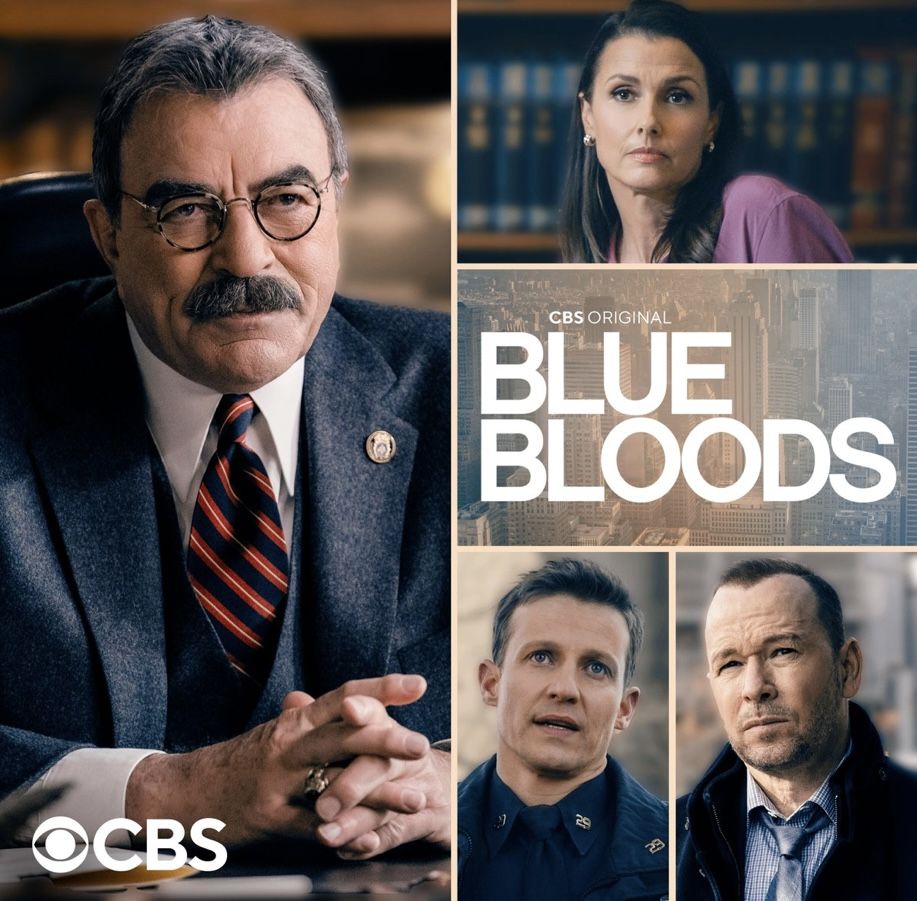The End of Blue Bloods Leaves a Lasting Void for Family Drama Fans
After fourteen seasons, Blue Bloods has come to an end, leaving devoted viewers mourning the loss of one of television’s most beloved family dramas. Known for its deeply emotional storytelling and powerful focus on family unity, the series carved out a unique space by blending police procedural elements with heartfelt domestic moments.
At the heart of the show were the iconic Sunday dinner scenes, where the Reagan family came together to reflect, debate, and support one another. These moments became a defining feature, reinforcing the series’ commitment to family values and genuine connection a rarity in modern television.
The conclusion of Blue Bloods marks the end of an era, as it stood among the last true family-centered dramas on the air. While the show maintained a clear pro law enforcement stance, its universal themes of loyalty, duty, and love resonated with audiences across political and cultural lines.
Viewers were drawn to the Reagan family’s unwavering support through personal trials and professional challenges. From Frank Reagan’s steady leadership to the sibling dynamics and rivalry between Danny and Jamie, each character added emotional depth and authenticity to the narrative. Jamie’s anticipated role in continuing the family legacy further strengthened the emotional investment of fans.
In a television landscape now dominated by crime procedurals and medical dramas, the absence of a series so intentionally focused on family life is especially noticeable. Though other shows touch on relationships and personal struggles, few capture the same warmth and moral grounding that defined Blue Bloods.
As audiences say goodbye to the Reagan family, many are left wondering what will fill the space it leaves behind. While there is hope for future revivals and new family  centered series, Blue Bloods will remain memorable for its timeless portrayal of loyalty, tradition, and the enduring power of family bonds.
centered series, Blue Bloods will remain memorable for its timeless portrayal of loyalty, tradition, and the enduring power of family bonds.